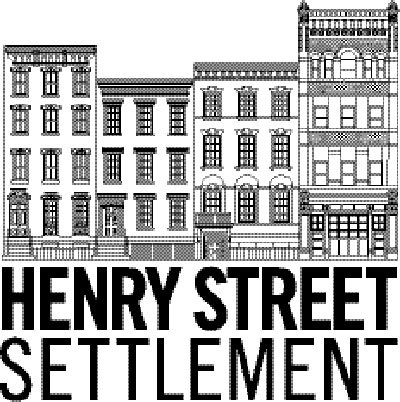LOVE IN ACTION
NEW YORK CITY — 1893 — Deep in the teeming trenches of the Lower East Side, a young nurse is teaching home health care to recent immigrants. One day just after class, a ragged girl runs to her, crying. “Mommy. . . Baby. . . Blood!” Terrified, the girl repeats her cry until the nurse takes the girl’s hand. Together they set out on a journey that changed American medicine.
You may not know the name Lillian Wald, but if you have ever:
— visited a school nurse
— had a nurse visit your home
— used birth control
— stayed in school instead of working. . .
then you know the legacy of this remarkable healer.
Raised in a well-to-do Cincinnati family, Wald often spoke of her “baptism of fire.” The baptism began on that spring day when she followed the girl into a scene “only DIckens could have done justice to.” On a second floor flat, Wald found a woman sprawled on a fetid mattress, bleeding badly after giving birth. The tenement was crawling with children. The girl’s father was crippled, housebound. Mother and baby clung to life. Here, Wald wrote, were “the fangs of the wolf.”
Wald managed to stop the bleeding. Then as she was tending to mother and child, family members approached and began kissing her hands. That night, she stayed up until dawn, plagued by questions. What kind of society permits raw poverty to co-exist with mansions and millionaires?
The next day, Wald convinced a friend to join her crusade. That fall, Wald and Mary Brewster started the Henry Street Settlement. From two nurses, to four, from four to eight. . . with a staff of teachers and volunteers Wald always called “the family,” the Henry Street Settlement grew into a magnet for social reform. But the fangs of the wolf tested even Lillian Wald’s deep capacity for healing.
In the 1890s, Wald remembered, the name East Side “conjured up a vague and alarming picture of something strange and alien, a vast, crowded area, a foreign city within our own, for whose conditions we had no concern.” Here were squalid flats with no heat, no running water. Seven, eight, nine people crammed into one room. Children dying at rates rivaling Calcutta. Outbreaks of cholera, smallpox, diphtheria. And the only care was in hospitals, if one could afford it.
“Nursing,” Wald often said, “is love in action.” And starting in 1895, Wald led a team of nurses into the tenements. Breaking traditional ties to hospitals, Wald and her nurses roamed freely among the sick. Instead of focusing on doctors, doctors, doctors, they nurtured the “relationship of the nurse to the patient.” Modest fees were charged IF the patient could afford them. Otherwise the care was free.
Meanwhile, back on Henry Street, word spread. Here were two young women actually living among “us,” caring about “us.” Wald’s huge heart soon attracted philanthropists who helped the Henry Street Settlement add more “family.” And somehow, while managing the expanding institution, Wald found time to revolutionize American nursing.
Wald thought every public school should have a nurse. So starting in 1902, the Henry Street Settlement paid the salary of the first school nurses in America. Three years later, Henry Street opened Manhattan’s first playground. Next came summer camps, a theater, a music school. Wald pressured President Theodore Roosevelt into creating the Federal Children’s Bureau. She was also present at the creation of the Child Labor League and the N.A.A.C.P. In 1918, when the Spanish flu ravaged America, Wald coordinated the response of the American Red Cross.
By the 1920s, a kinder, healthier America thanked LIllian Wald. The New York Times named her among the 12 greatest living American women. On her 70th birthday, FDR praised her “unselfish labor to promote the happiness and well being of others.”
Lillian Wald retired in 1930 and passed away a decade later. But the Henry Street Settlement is still going strong, serving 50,000 people a year with health care, daycare, literacy, job training, college placement, and more. During the COVID crisis, Henry Street housed homeless families, delivered Meals on Wheels, and coordinated volunteer calls to check in with thousands of seniors sheltered in place.
Lillian Wald never set out to save the world. She left nursing school with little more than “an inspiration to be of use somehow, in some way.” But the fangs of the wolf taught her the truth she shared at Henry Street Settlement. The same truth is on her gravestone. “We are all one family.”










